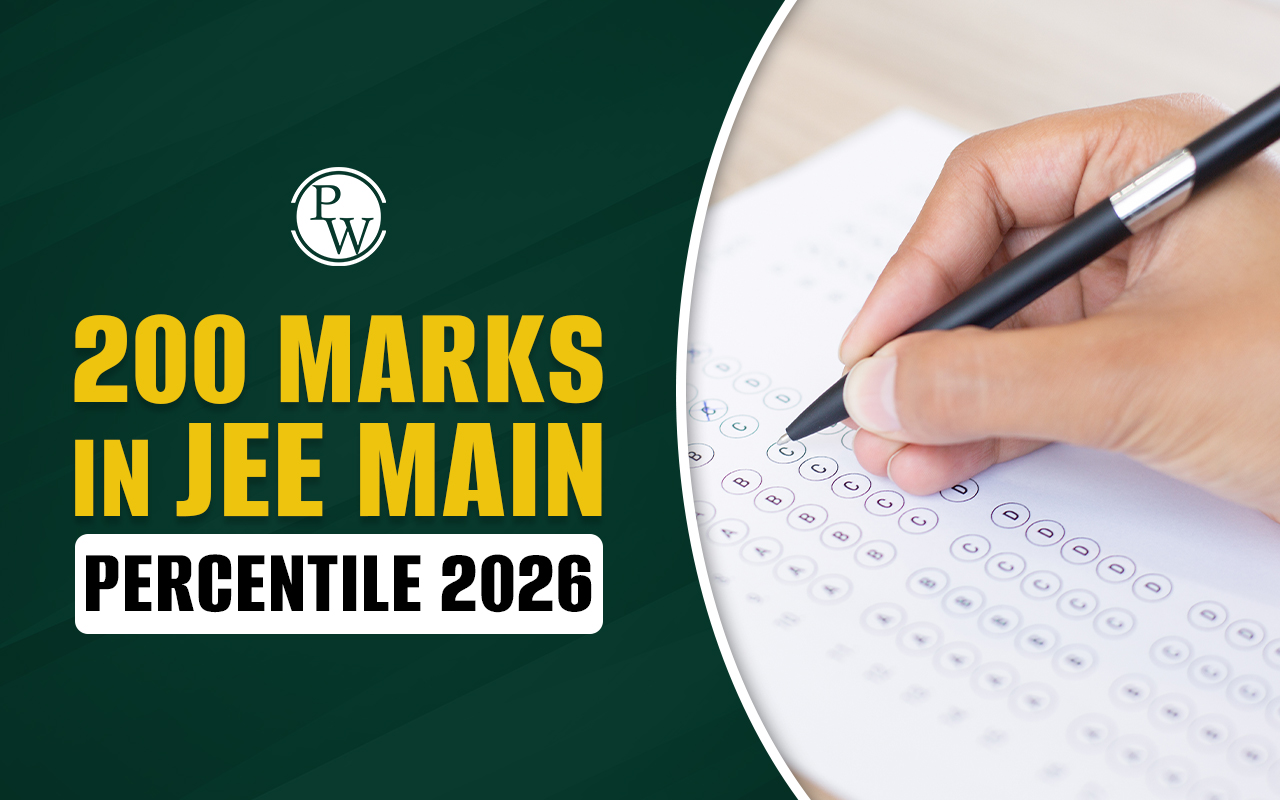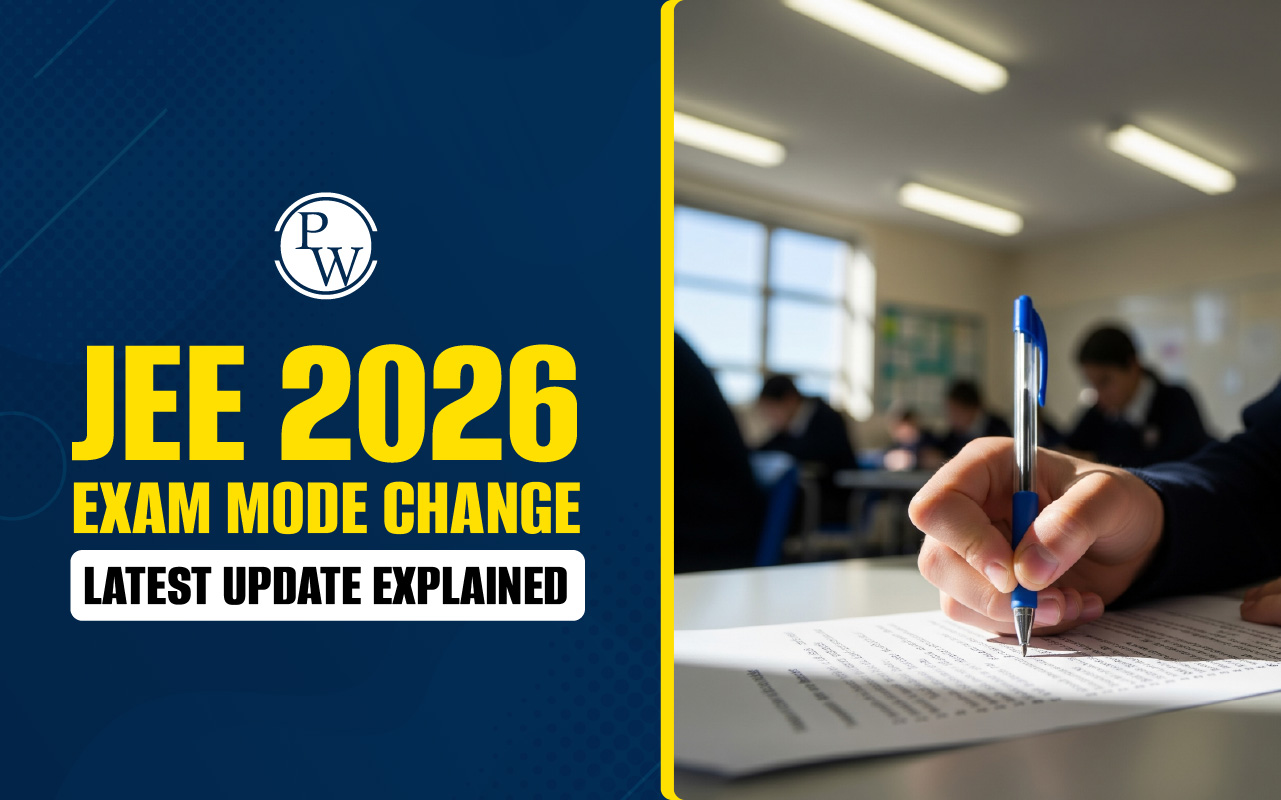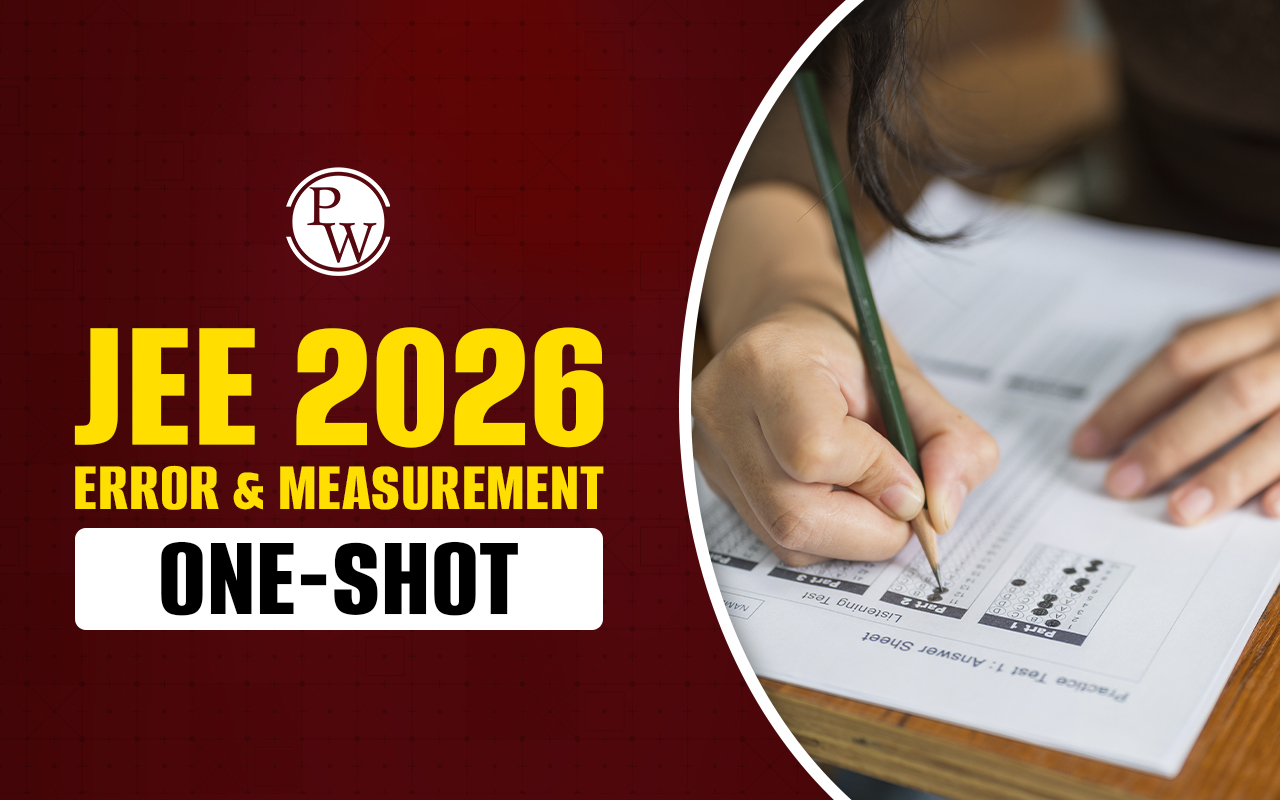
Must-Do Practical Chemistry Topics for JEE Main 2025 Session 2: With the JEE Main 2025 Session 2 exam starting tomorrow, now is the time for focused revision, especially in practical chemistry. Paper 1 (B.E./B.Tech), which is going to be conducted on 2nd, 3rd, 4th, and 7th April in two shifts, with an additional second shift on 8th April. A clear understanding of important experiments can help applicants solve practical-based questions with confidence.
Salt analysis, titration, detection methods, and routine lab procedures frequently appear in both conceptual and application-based formats. Revisiting these must-do practical chemistry topics for JEE Main 2025 Session 2 can refine accuracy and strengthen problem-solving skills before the final attempt.
7 Must-Do Practical Chemistry Topics for JEE Main 2025 Session 2: Key Topics for Last-Minute Preparation
A strong grasp of practical chemistry can greatly improve problem-solving skills in organic, inorganic, and analytical chemistry. The topics outlined below are important for JEE Main 2025 Session 2, as they are commonly asked in both conceptual and application-based questions. Understanding these 7 must-do practical chemistry topics for JEE Main 2025 Session 2 will help students approach numerical and theoretical problems with greater accuracy.
1. Detection of Elements
Identifying elements in organic compounds is an important aspect of practical chemistry. Questions are often based on the detection of nitrogen, sulfur, and halogens in various organic substances. Students should be familiar with tests such as:
-
Lassaigne’s Test for nitrogen and sulfur
-
Beilstein Test for halogens
2. Methods for Elemental Analysis
Elemental analysis methods are used to determine the composition of compounds. Key techniques to revise include:
-
Dumas Method: Used for nitrogen estimation in organic compounds.
-
Kjeldahl Method: Another important method for nitrogen estimation
- Fractional Distillation: A separation technique used for liquid mixtures
3. Functional Group Detection
Identifying functional groups is crucial for organic chemistry. Important functional groups and their detection methods include:
-
Hydroxyl (-OH) group: Ferric chloride test
-
Carboxyl (-COOH) group: Sodium bicarbonate test
-
Carbonyl (>C=O) group: 2,4-DNP test
-
Amino (-NH₂) group: Ninhydrin test
4. Preparation of Organic Salts
Students should understand the methods involved in preparing important organic salts such as:
-
Mohr’s Salt (FeSO₄·(NH₄)₂SO₄·6H₂O): Used in titration and redox reactions
-
Potash Alum (KAl(SO₄)₂·12H₂O): A common coagulant in water purification
5. Preparation of Organic Compounds
The synthesis of organic compounds is another key topic. Important compounds to focus on include:
-
Acetanilide & p-Nitro Acetanilide: Used in pharmaceuticals
-
Aniline: Important in dye preparation
- Iodoform (CHI₃) Test: Used for the detection of methyl ketones
6. Titration Exercises
Titration experiments help in understanding reaction stoichiometry and concentration determination. Important titration topics include:
-
Acid-Base Titration: Determining the strength of acids and bases
-
Redox Titration: Used to determine oxidation states of substances
7. Salt Analysis
Salt analysis involves identifying the presence of different anions and cations. For JEE Main, students should focus on detecting anions like:
-
Carbonate (CO₃²⁻): Effervescence with acids
-
Sulfate (SO₄²⁻): White precipitate with barium chloride
- Chloride (Cl⁻): Formation of white precipitate with silver nitrate
How to Prepare for Practical Chemistry in JEE Main 2025 Session 2?
A well-planned study plan for revising practical chemistry can help students solve questions efficiently and accurately. Here are some Important preparation tips on how to prepare for practical chemistry in JEE Main 2025 session 2:
1. Understand the Theory Behind Experiments : Instead of memorizing procedures, students should learn why each step is done. Understanding core concepts like molarity, concentration, and reaction types makes it easier to tackle questions confidently. Diagrams of lab setups or flowcharts for procedures, such as titration or salt analysis, can also help in remembering the steps and equipment involved.
2. Revise Important Reactions and Tests : Make a quick reference sheet for tests and their expected results. Focus on:
-
Detection of Elements: Lassaigne’s test and Beilstein test
-
Functional Group Tests: Ferric chloride for phenols and 2,4-DNP for carbonyl groups
-
Salt Analysis: Precipitation and gas evolution tests for anions
Memorizing the reactions, tests, and color changes in qualitative analysis can save time during the exam.
3. Solve Previous Year JEE Main Questions : The Joint Entrance Examination (Main) usually repeats concepts in different formats. Solving past years’ JEE Main question papers is going to help students identify commonly asked practical chemistry questions and improve speed in solving them.
4. Use NCERT and Lab Manuals : NCERT chemistry books provide a solid foundation for practical chemistry. Along with that, students should refer to lab manuals for step-by-step experimental procedures and observations.
5. Attempt Mock Tests and Sample Papers : Taking JEE Mock Tests with a time limit helps in improving accuracy. Students should analyze mistakes and revise weak areas accordingly.
6. Watch Experiment Videos for Better Understanding : For topics that require visual understanding, watching demonstration videos of salt analysis, titration, and functional group detection can be highly effective.
7. Make Quick Notes for Last-Minute Revision : Summarize important tests, reagents, observations, and even everyday examples (like comparing titration to adding just the right amount of sugar to tea) to make the ideas stick. Quick revision notes are especially useful for reviewing before the exam.
The aforementioned must-do practical chemistry topics for JEE Main 2025 Session 2 form the backbone of a strong preparation strategy. Focusing on these practical organic chemistry topics, along with other important Chemistry concepts like Chemical Bonding, d and f block Elements, Hydrocarbon, GOC, Structure of Atoms, the Mole Concept, Coordination Chemistry, Dilute Solutions, Electrochemistry, Redox Reaction, and Thermodynamics, can help students aim for 70+ marks.
Study Material For JEE Main 2025 Preparation
Physics Wallah (PW) offers comprehensive study material for JEE 2025 , designed to help students excel in this competitive exam. The material includes detailed theory notes, practice questions, previous years’ papers, and mock tests for Physics, Chemistry, and Mathematics. Each topic is explained with clear concepts and illustrated examples, ensuring a strong foundation
Must-Do Practical Chemistry Topics for JEE Main 2025 Session 2 FAQs
Q.1. What are the must-do practical chemistry topics for JEE Main 2025 Session 2?
Q.2. Is practical chemistry important for JEE Main 2025 Session 2?
Q.3. Has NTA rescheduled the JEE Main April Session 2025 exam dates?
Q.4. Can I score 70+ marks in the JEE Main chemistry section?
Q.5. Can I skip practical organic chemistry topics for JEE Main 2025 Session 2?










